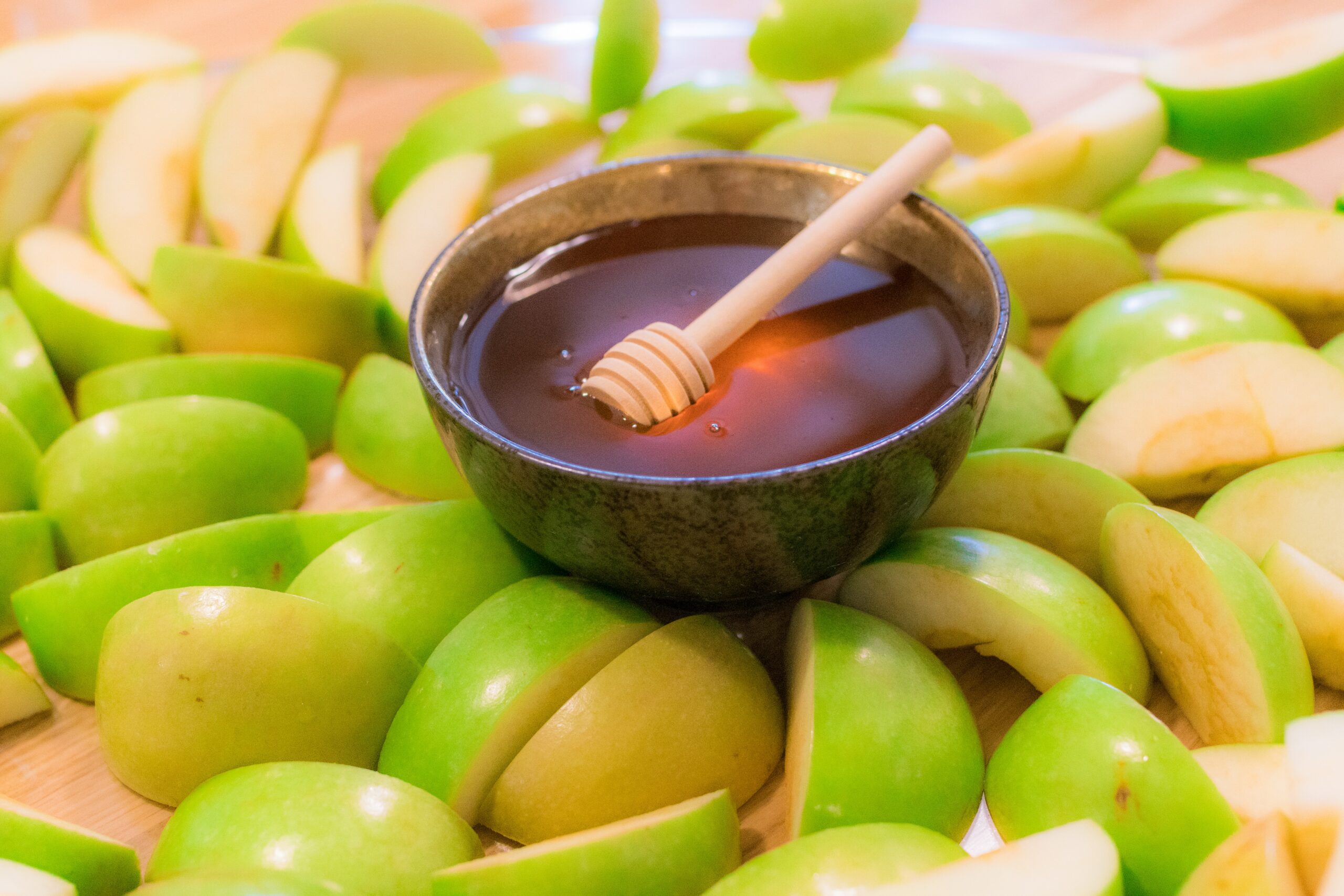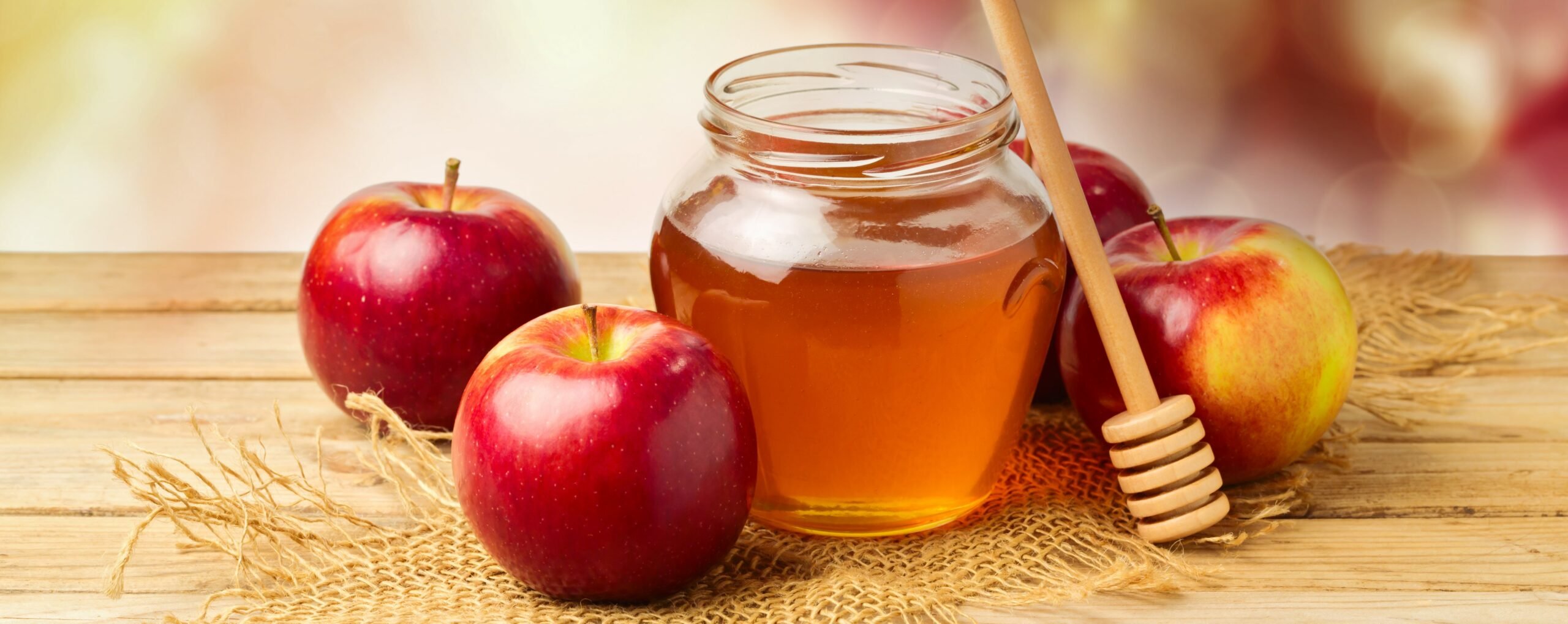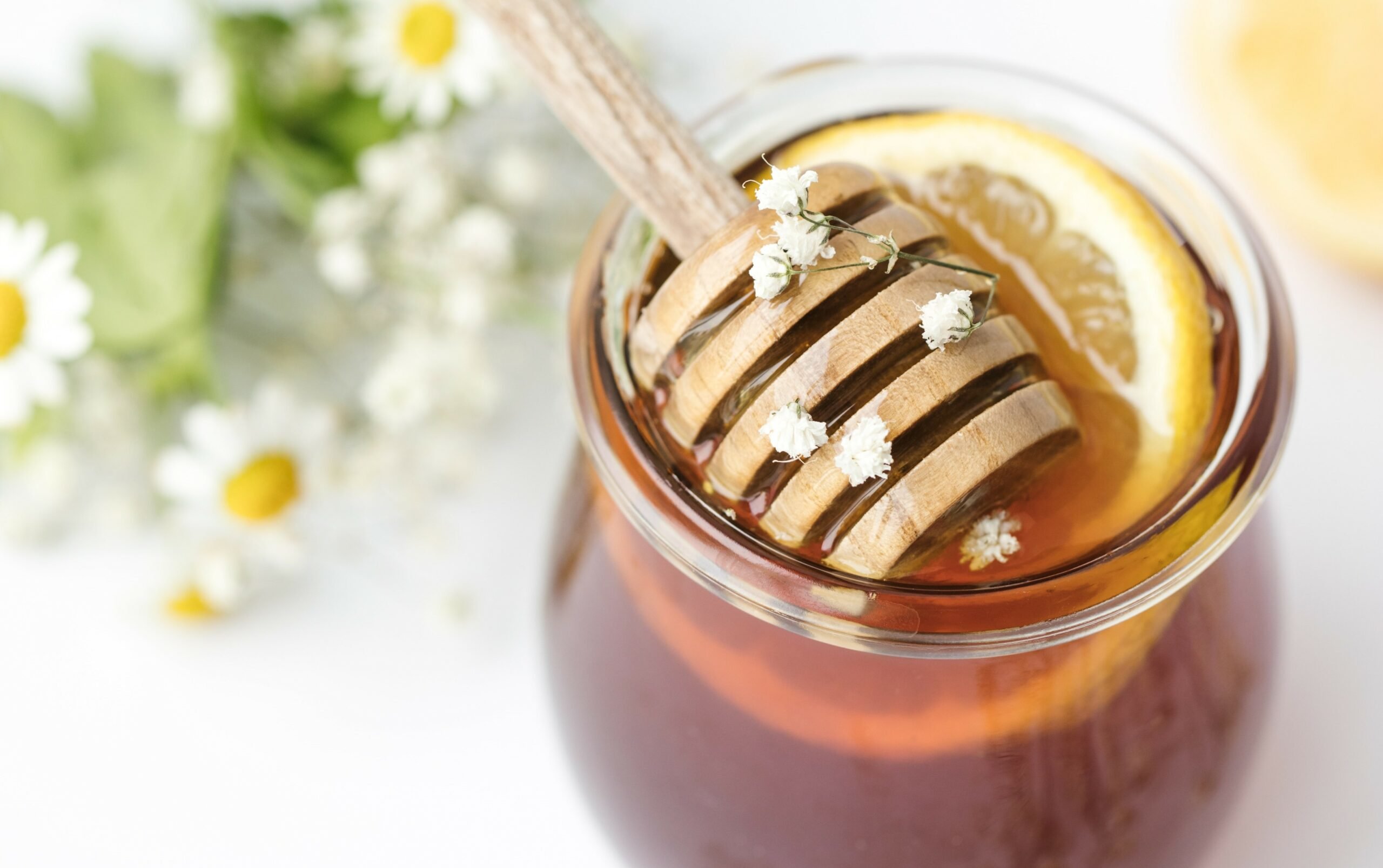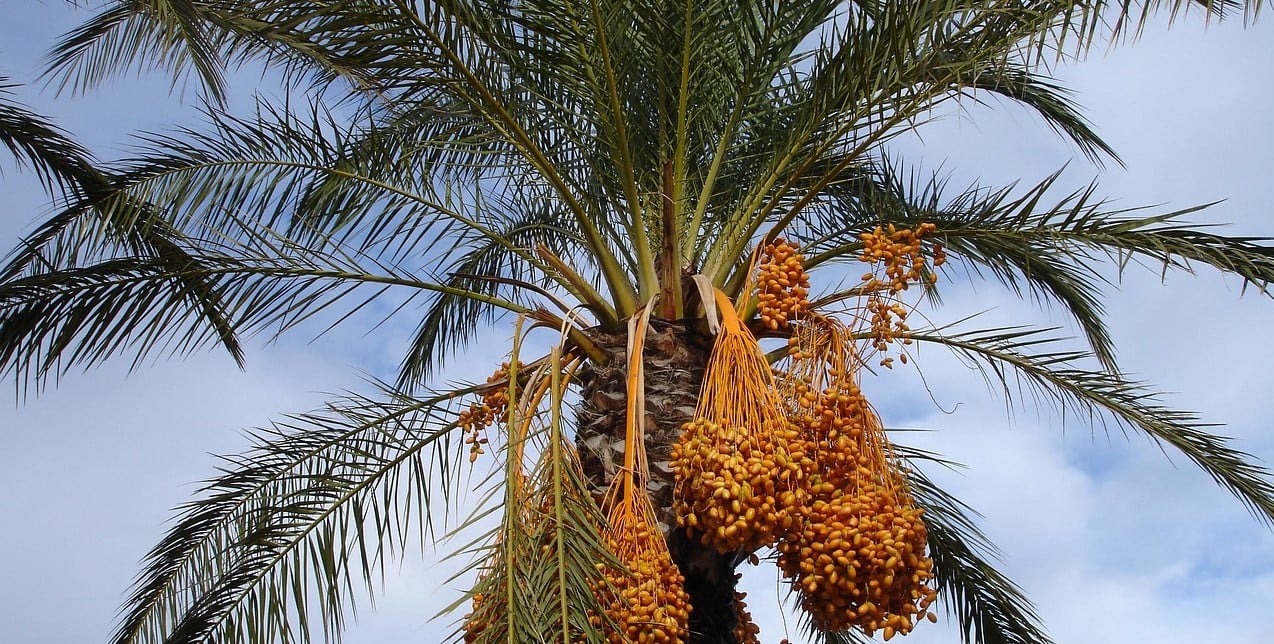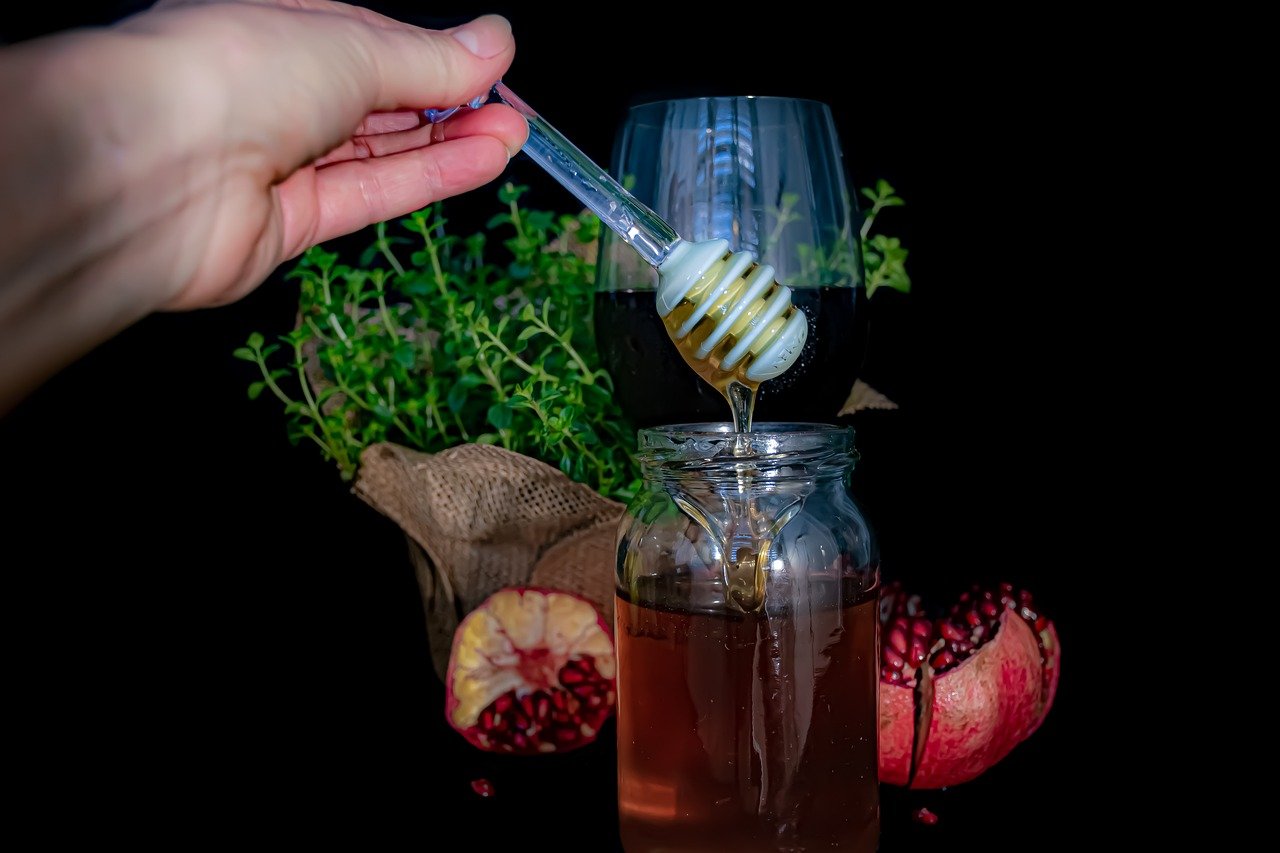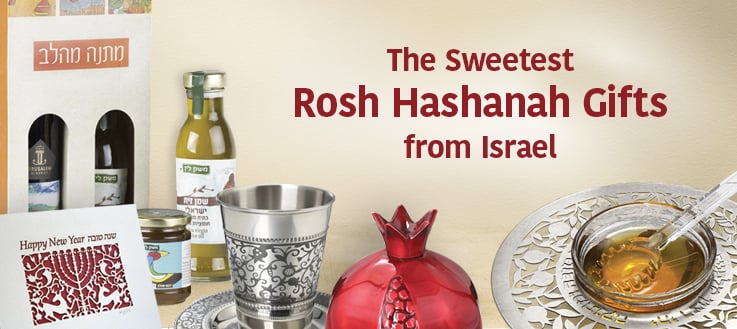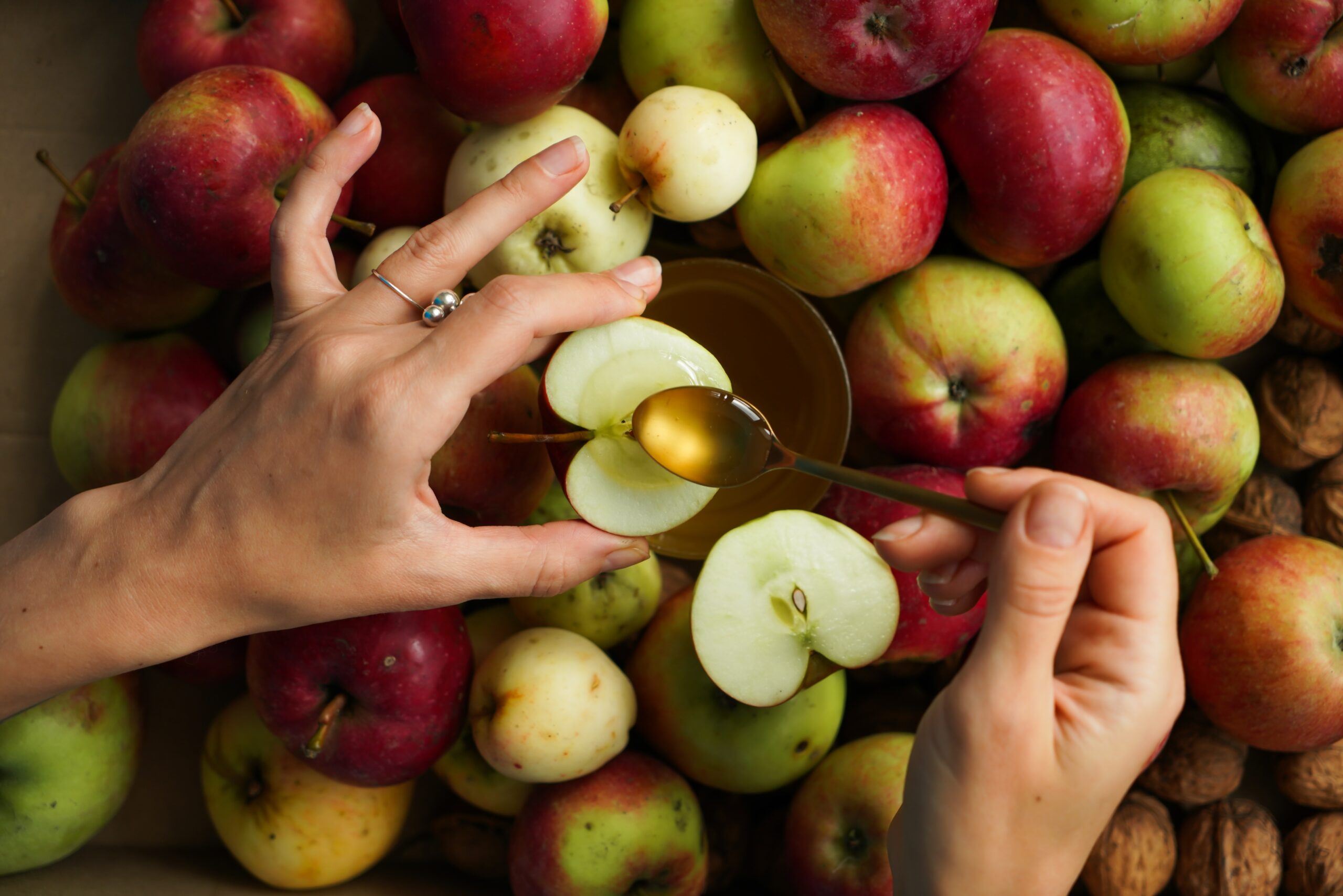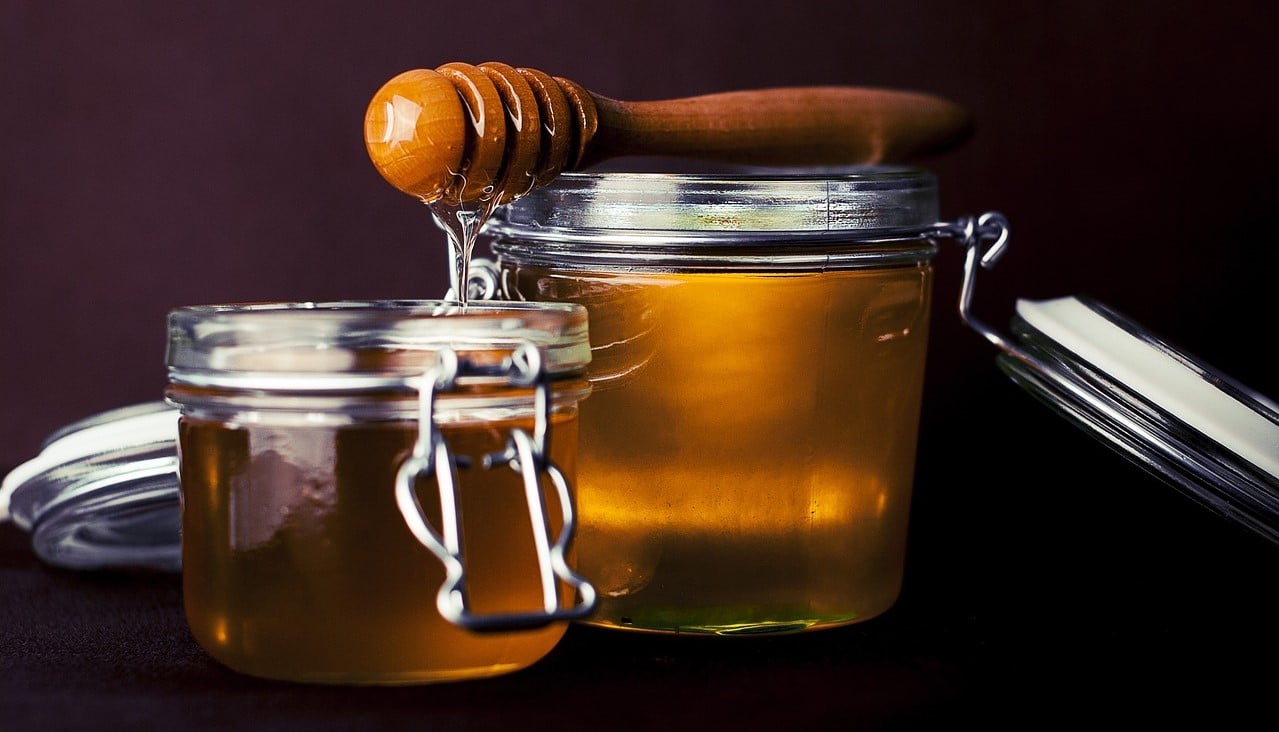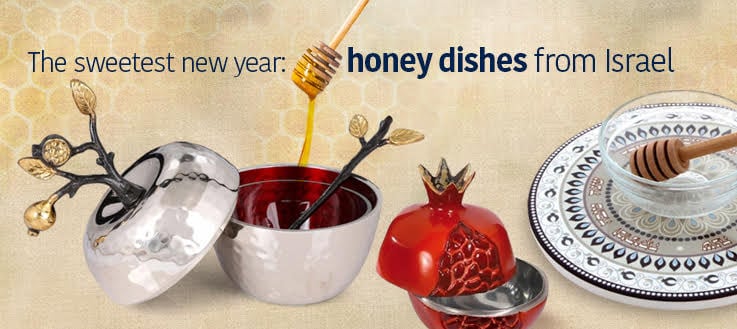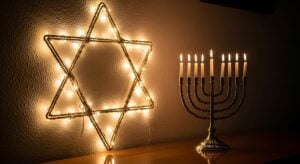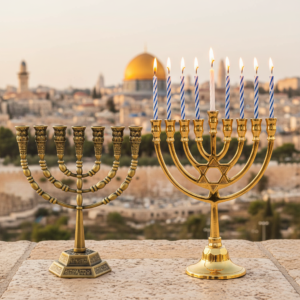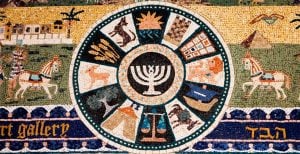Dipping apples in honey is also a minhag, and specifically an Ashkenazi custom. This minhag was first recorded in history in 15th century Germany, although many believe the custom began long before that.
Apples were a common fruit that began to ripen around the same time as Rosh Hashanah in Europe, so it is commonly thought that this is how the tradition began. However, ancient Jewish texts also have plenty to say about what makes apples special.
In Song of Songs, God’s love for the Jewish people is compared to apples: “As the apple is rare and unique among the trees of the forest, so is my beloved [Israel] amongst the maidens [nations] of the world.” And the Zohar, a Kabbalistic text from the 13th century, says that the beauty of God’s creations “diffuses itself in the world as an apple.”
If eating apples and honey is an Ashkenazi tradition, what do Sephardi and Mizrachi Jews eat during Rosh Hashanah?
Sephardic and Mizrachi (Middle Eastern/North African) customs vary widely from community to community, depending on which foods were abundantly available in certain places during the early fall.
For example, in Morocco, it was common to mix sesame seeds and sugar. Many Sephardic communities also enjoy a traditional food called mansanada, which is a thick spiced sauce full of honey and long-simmered apples. It is also a Sephardic tradition in some communities to dip a sheep or cow’s head into honey to symbolize the home and a wish for a sweet new year.
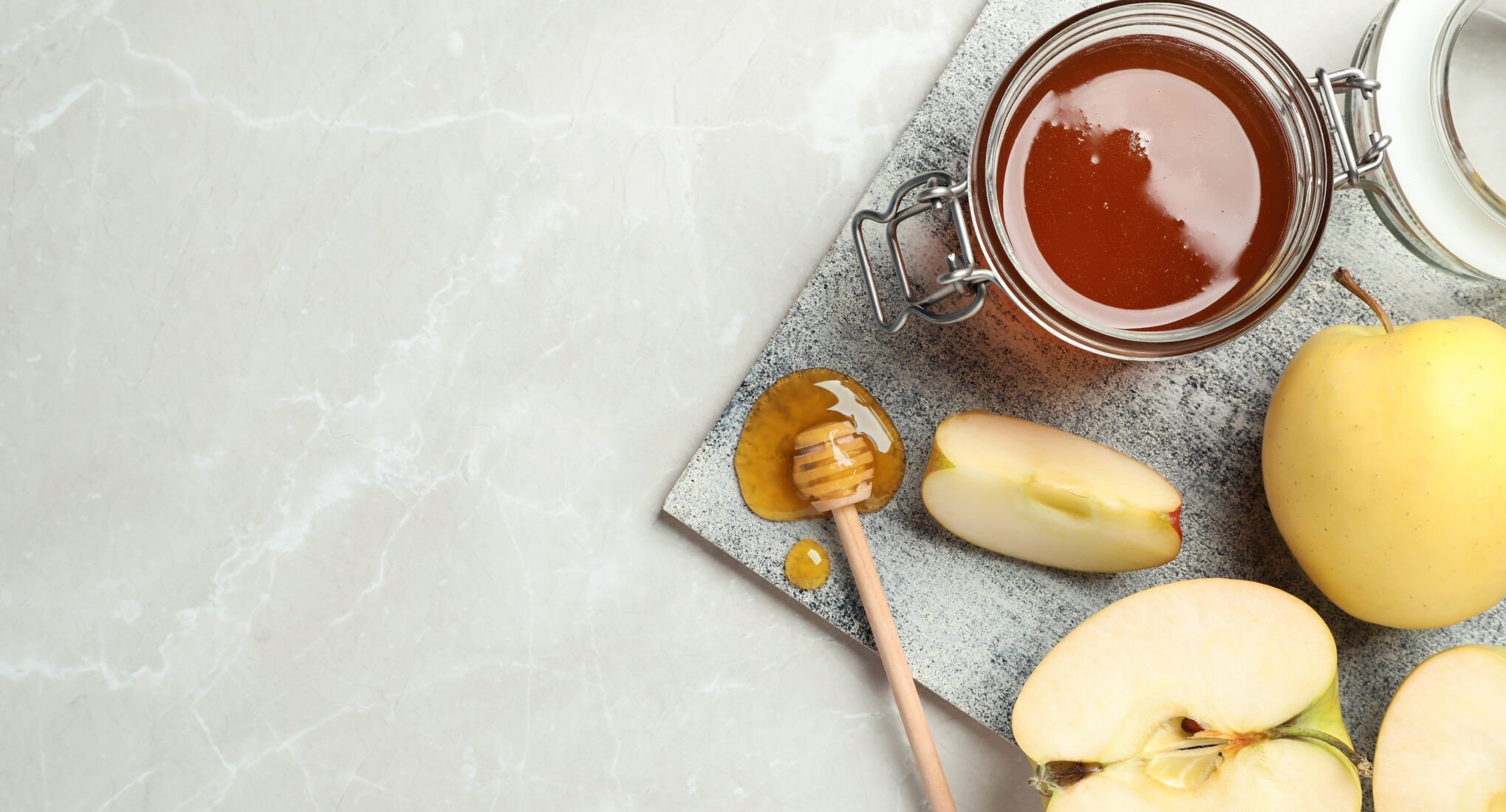
What is the bracha (blessing) said over eating honey and apples on Rosh Hashanah?
First, you say:
בָּרוּךְ אַתָּה יְיָ, אֱלֹהֵֽינוּ מֶֽלֶךְ הָעוֹלָם, בּוֹרֵא פְּרִי הָעֵץ.
Baruch atah Adonai, Eloheinu melech ha-olam, borei p’ri ha-eitz.
We praise You, Eternal God, Sovereign of the Universe, Creator of the fruit of the tree.
Followed by:
יְהִי רָצוֹן מִלְּפָנֶךָ, יְיָ אֱלֹהֵֽינוּ וֵאלֹהֵי אֲבוֹתֵֽינוּ וְאִמּוֹתֵֽינוּ,
שֶׁתְּחַדֵּשׁ עָלֵינוּ שָׁנָה טוֹבָה וּמְתוּקָה.
Y’hi ratzon milfanecha, Adonai Eloheinu v’Elohei
avoteinu v’imoteinu, shetchadesh aleinu shanah tovah um’tukah.
May it be Your will, Eternal our God, that this be a good and sweet year for us.
